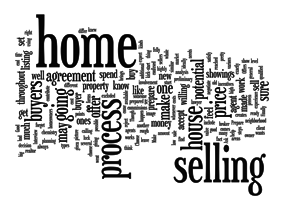Do you sometimes review the real estate ads in your local paper? Do you drive by an open house sign and feel the urge to stop and check it out? Those are common indications that, at least on some level, you’re thinking about the possibility of making a move.
But how do you decide if you should actually move?
The first step is to consider whether there are any practical reasons to consider buying a new home. What’s pushing you in that direction?
- Is your current home too small for your needs?
- Is the commute to work, for you or your spouse, too long? (Perhaps longer than you expected when you purchased the home?)
- Are there property features you would now like to have, such as a larger backyard or a more spacious kitchen?
- Has the area changed in an undesirable way?
- Do you have personal reasons for wanting to move, such as a desire to be closer to relatives in another area?
Carefully consider those things that can’t change unless you move. For example, if a major highway was recently built near you, the ongoing sound of traffic isn’t going to go away.
If there are no practical reasons for moving, there may still be other reasons for wanting a new home. You may want to move your family to a better area, with better schools or you may simply want a bigger home, with a larger backyard, more rooms, and a wider driveway.
There’s absolutely nothing wrong with simply wanting a better place than the one you have now. In fact, that is a common reason why many people make a move.
The point is, if you’ve been thinking about a new home for a while, perhaps now is the time to take the next step. A good real estate professional can help you understand your options.









